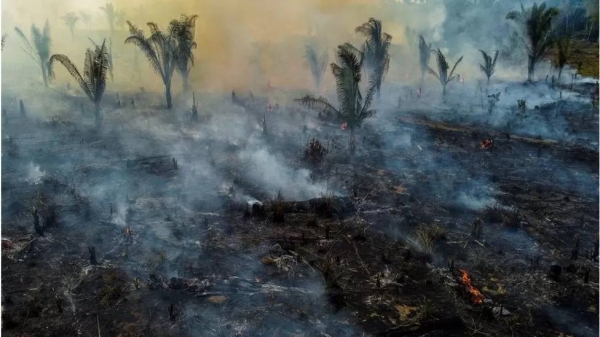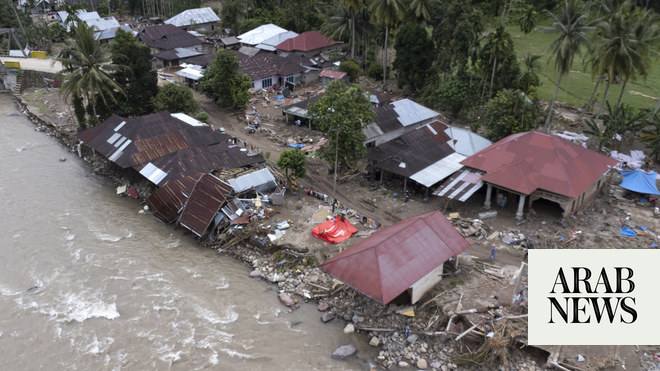
While people in wealthy countries debate whether it is ethical to travel by plane or burn coal, there is less talk about farming, forestry and other land use, which account for about a quarter of climate-changing greenhouse gas emissions.
Humans will have to change the way they eat and dress, according to scientists involved in drawing up a new report by the UN Intergovernmental Panel on Climate Change (IPCC), which is set to be published next Thursday in Geneva, Switzerland.
Cows and other ruminant animals emit methane from their front and back ends, because they ferment their food before digesting it. "We cannot force cattle to stop farting and burping," president of the Swiss Farmers Association, Markus Ritter has quipped. However, there are many ways to make agriculture more sustainable, and to make it more climate-friendly, the German News Agency (dpa) reported.
Consumers will also have a major role to play, two of the German co-authors of the IPCC report told dpa before the panel started its meeting on Friday in Geneva to put the final touches on the document.
Alexander Popp, who works at the Potsdam Institute for Climate Impact Research, said: "The topic of land use deserves major attention."
"The surface of the earth is limited, the population is growing, and more acreage is needed for food and for fibers that can be used for clothing," said Almut Arneth, an ecologist at the Karlsruhe Institute of Technology.
Growing prosperity tends to lead to growing meat consumption, Arneth said, adding that land use also contributes to climate change because of fertilizers and deforestation.
People should change their diets and eat less meat, according to the scientists. "Back to the Sunday roast," Popp said, referring to the tradition of preparing meat once a week as a special dish.
According to Germanys Environment Ministry, 91.6 percent of the worlds available farmland is being used as pastures or for growing animal feed.
"Moving away from ruminants would free up acreage for growing foodstuff and for reforestation," Arneth said. Growing 1 kilogram of vegetables results in greenhouse gas emissions that are equivalent to 153 grams of carbon dioxide, according to the Environment Ministry. Organic farming reduces that output to 130 grams.
For 1 kilogram of beef, 13.3 kilograms of CO2 equivalent enters the atmosphere - or 11.4 kilograms for organic beef. The problem does not only lie with consumers and their choices, but also with governments and their policies.
The intergovernmental panel on biodiversity and ecosystems, known as IPBES, sharply criticized farming subsidies in a report in May. The panel estimated that industrialized countries spent 100 billion dollars on subsidies that are potentially harmful to the environment in 2015. However, consumers also contribute to excessive agriculture as they buy more and throw away more food than they eat, according to Arneth. Growing cotton involves the use of pesticides and a lot of water. Excessive use of chemicals and water are also linked to greenhouse gases.
A study on cotton and climate change by the Geneva-based International Trade Centre (ITC), points out that fertilizers are important sources of nitrous oxide, a gas that plays a role in global warming. In addition, carbon fuels are needed to power the pumps that irrigate the cotton fields.












